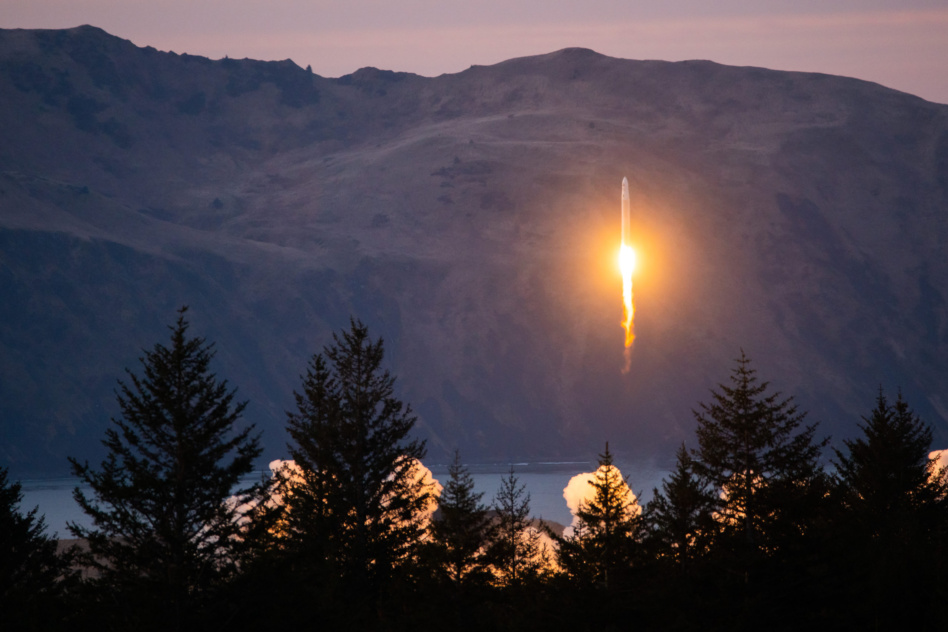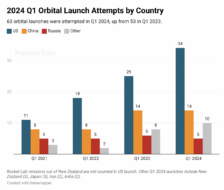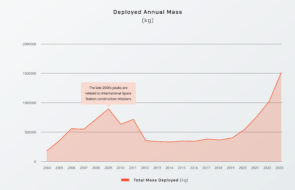Space activity was up and to the right in the first three months of the calendar year. From now on, we’re going to be pulling together a quarterly roundup of the biggest news from the commercial, civil, and military space.
January
NASA started the year off with a bang by delivering JWST, the most powerful (and expensive) space telescope ever made, safely to orbit about a million miles away. The agency also formalized the White House decision to extend ISS operations through 2030 and awarded 12 launch services contracts to the biggest names in launch.
Payload’s fundraising coverage: Atomos Space raised $5M and Radian emerged from stealth, announcing its spaceplane ambitions and a $27.5M seed round.
February
A month of firsts:
- Astra announced it would receive the first Part 450 license from the FCC, a streamlined launch license for all space launches.
- The company also attempted to launch from Cape Canaveral for the first time, but failed to deliver its payloads to orbit.
- Lynk demonstrated satellite-to-phone connectivity without any add-on receivers.
- Jared Isaacman and SpaceX announced the Polaris Program, a series of crewed missions with ambitious goals.
Lockheed Martin and Aerojet Rocketdyne officially broke off their acquisition deal after antitrust regulators at the FTC stepped in to block it.
Payload’s fundraising coverage: Wyvern secured a $4M investment, E-Space raised a $50M seed round, Aerospacelab raised a €40M Series B, and SkyFi raised $7.2M.
Moscow fires the first salvos: When Russia invaded Ukraine in late February, satellite imagery suddenly rose to the forefront of OSINT. A Russian cyberattack caused Viasat internet to go out in Ukraine. The US and EU imposed heavy sanctions on Russia that reached the space program, yet the partnership between NASA and Roscosmos on the ISS carried on.
March
War continued into its second month in Ukraine. EO and geospatial analytics companies quickly rose to the challenge of meeting the Ukrainian government’s need for satellite imagery, supplying Ukraine, allied governments, and humanitarian groups with satellite data that revealed the tolls of war. On the broadband front, SpaceX and Iridium sent terminals and satphones/push-to-talk devices into Ukraine.
In other news: Tomorrow.io called off its SPAC merger, citing “market conditions.” Astra reached orbit for the first time. Biden finally signed the FY22 federal appropriations bill into law. And NASA announced that it will solicit new concepts for a second Human Landing System contract.
Payload’s fundraising coverage: CesiumAstro raised a $60M Series B; Slingshot Aerospace raised a $25M Series A-1; Synthetaic raised a $13M Series A; and Pixxel announced a $25M Series A.




